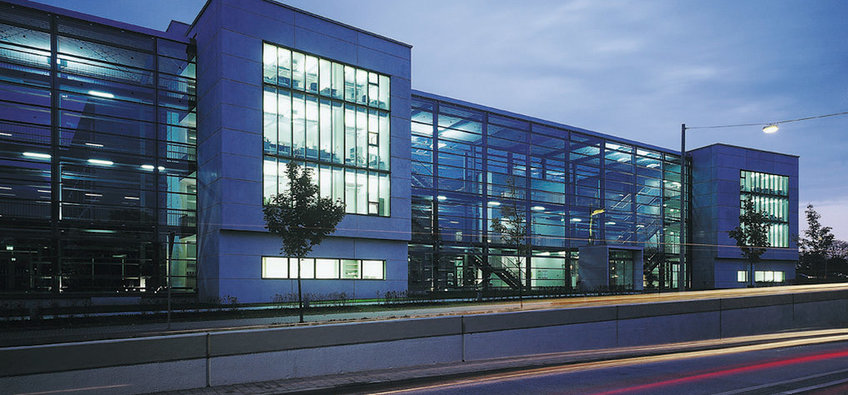
Max Planck Institute for Dynamics of Complex Technical Systems
A production plant in the chemical or biotechnology industry is as complex as a living being: innumerable components are in operation to produce a product. A large number of processes influence each other and even compete with each other, and it is often not clear why a process works or, more importantly, why it does not. The scientists at the Max Planck Institute for Dynamics of Complex Technical Systems therefore investigate biological as well as technical processes. Engineers, chemists, physicists, biologists and mathematicians develop mathematical models for this purpose. In the case of technical processes, they try out these models in their own testing plants. They then design suitable controls so that the processes in the plants do not unexpectedly come to a halt or get out of control. The researchers also use their findings as a basis for developing completely new processing concepts that are significantly more efficient.
Contact
Sandtorstr. 139106 Magdeburg
Phone: +49 391 6110-0
Fax: +49 391 6110-500
PhD opportunities
This institute has an International Max Planck Research School (IMPRS):
IMPRS for Advanced Methods in Process and Systems EngineeringIn addition, there is the possibility of individual doctoral research. Please contact the directors or research group leaders at the Institute.








